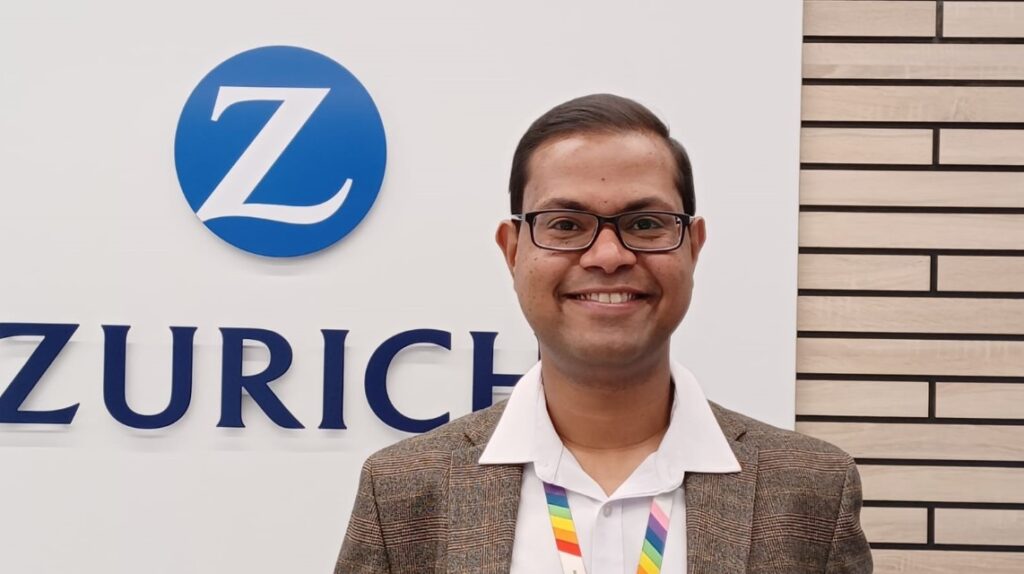Nielsen Ramen, underwriter at Zurich, speaks to Health & Protection about initially staying silent over his sexuality due to minimal socialising at a previous employer, the importance of retaining LGBTQ+ workers by identifying barriers to their integration and career fulfilment, and not having to worry about reminding anyone about the insurer’s zero tolerance policy on homophobia.
What have been your own experiences with regard to attitudes towards LGBT communities in the sector?
I have worked in the insurance sector for the past nine years.
By the time I finished university and joined the workforce, I was already out as a gay man. I suppose one could say I was lucky in the jobs I had, where I was ‘out’ at work from day one.
However, my experiences varied through the roles I did. In some roles, my sexual preference would never come up because there was minimal socialising at work. But also, one does not walk into a room announcing, ‘My name is Nielsen, and I am gay’.
On the other hand, some workplaces would actively promote LGBTQ+ inclusion, where opportunities are created to not just encourage talking about the LGBTQ+ communities, but also to celebrate diversity across all the colours of the rainbow.
I suppose one’s experiences always vary depending on individual interactions. But active effort from organisations to educate and promote LGBTQ+ inclusion is certainly reflected in their employees’ positive attitudes towards the LGBTQ+ communities.
How have attitudes evolved in the sector?
Over the years, attitudes have certainly evolved. Nearly a third of our lives is spent at work. One would like to believe that organisations would want to be proactive in ensuring their workforce is thriving in an environment enabling learning, understanding and acceptance; contributing to a society mindset shift towards inclusion.
Nowadays, diversity, equity, and inclusion (DEI) is integral across organisations. The focus is on inclusion, rather than just diversity and equity. Over the years, there has been a noticeable change from rarely talking about the LGBTQ+ communities at work, to actively promoting LGBTQ+ inclusion.
What is the sector doing well and where does it need to up its game?
Most workplaces now have an LGBTQ+ work group. The strength in the collective – creating a safe space for individuals to bring their true self to work – is a great step in the right direction.
Employee resource groups focused on LGBTQ+ communities and allies educate on matters like inclusive language, support integration within the workplace and, on occasion, laudably serve as a conscience to the organisation on inclusive strategies and policies.
Role models serve as a great inspiration to others. We are even getting better at attracting LGBTQ+ talent to reflect society.
One could say the foundation is set. We just need to ensure we stay relevant and keep the momentum by not just onboarding LGBTQ+ colleagues, but also retaining them by identifying barriers to integration and career fulfilment.
Our leaders are getting more and more involved in promoting LGBTQ+ inclusion and that accountability towards action strengthens the prospects of LGBTQ+ inclusion.
Do you feel encouraged and enabled to bring your whole self to work?
The simple answer is ‘yes’. Zurich Pride UK brilliantly upholds the banners of support, education and conscience.
As a company, Zurich also has a zero tolerance policy against homophobia. I joined such a welcoming team in Birmingham, where I frankly can’t imagine us ever reaching a point where we need to remind anyone of this zero tolerance policy.
We truly celebrate the diversity reflected by Birmingham City. I know I can bring my true self to work simply by the fact that the team I am part of, has never given me a reason to think I am from the LGBTQ+ community. Instead they always see me as an individual.
